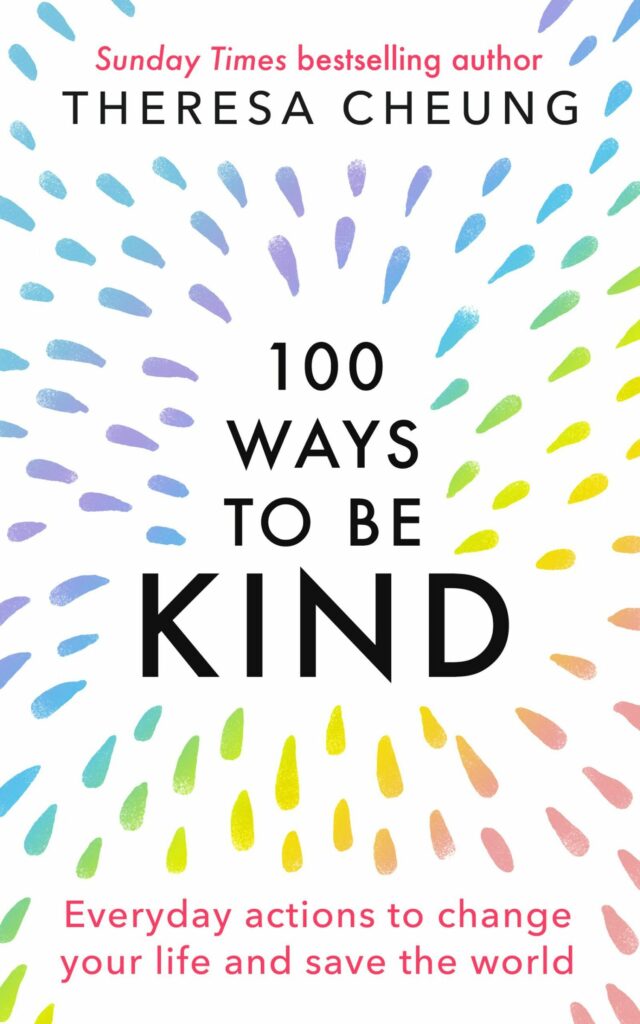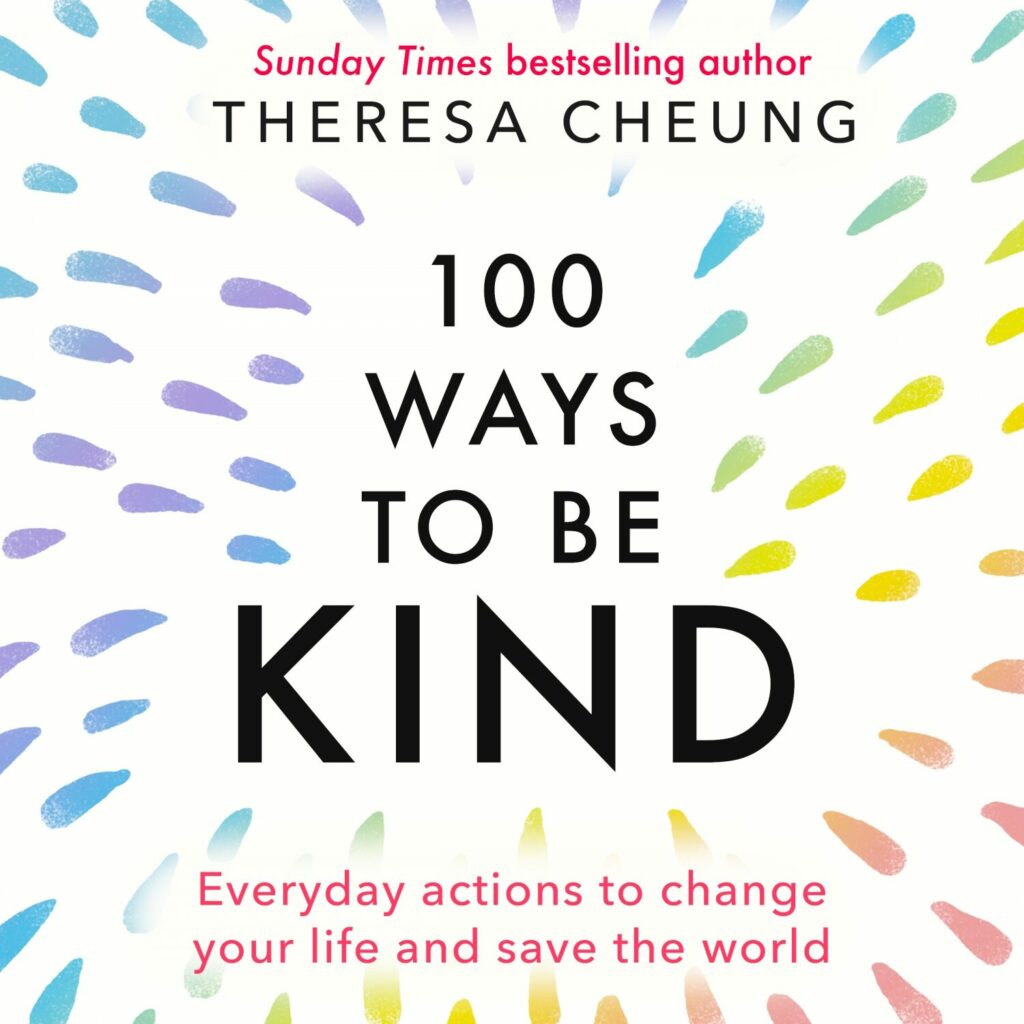The Science of Kindness
I want to briefly draw your attention to the science of kindness. It’s important for you to know at the outset that all the suggestions in my book 100 Ways To Be Kind are not anecdotal but backed up by solid research.
You probably already know that stress triggers the release of hormones that aren’t good news for your wellbeing. Studies show that stress hormones increase blood pressure, suppress the immune system and increase the likelihood of depression. What you may not know is that kindness also produces hormones and they have the opposite effect. When you are kind or someone is kind to you, a hormone called oxytocin is released, which lowers blood pressure and boosts immunity and mood. In short, the kinder you are the more likely you are to experience happiness.
Another thing you may not know is that being kind can reshape your brain. Each moment you have an opportunity to rewire your brain by the choices you make, so your brain is constantly adapting and changing according to what you think, say and do every single day. Research indicates that the more acts of compassion you perform, the more the areas of your brain associated with empathy are stimulated. Just as muscles need a workout to stay toned, so too does your brain. If you are constantly stressed all the time, the areas of your brain associated with stress will be strong, but if you choose to practise kindness instead, those stress areas will get weaker and your kindness ‘muscles’ stronger.
Even though it can seem otherwise, human beings are not born to be self-centred in a ‘survival-of-the-fittest’ world. In fact, we are born to be kind because, since humans first evolved (and research confirms this), children who are well looked after by their parents have stood a greater chance of surviving than those with uncaring parents. So, having kindness in our DNA is essential for survival and children born to parents who took good care of them are more likely to do the same with their own children, so the kindness gene is passed down the generations. In addition, communities that worked together in harmony and took care of each other, including the vulnerable, were also more likely to flourish. This is much the same way that communities that maintained peaceful relations with other communities were more likely to survive. Our ancestors had to learn to cooperate in order to survive within their own communities and with strangers, and humans with activated kindness genes had a much greater chance of this.
To cut an age-old story short, the kindness gene has stood the test of time and, even though it may be more developed in some of us than others, it is present in us all. Kindness positively impacts our chances of survival, our health, our relationships and our wellbeing, and a lack of kindness has the opposite, detrimental effect on us and our children. So now you know about the kindness gene within us all waiting to be activated, what specific health benefits has science proved it can offer?
Kindness helps us feel good about ourselves.
Numerous studies have confirmed that thinking of others or volunteering regularly makes people feel happier. It can also help ease depression, as it seems that focusing less on ourselves, and more on the needs of others, makes people feel better.
Kindness boosts immunity.
Research suggests that when people watch or perform acts of kindness themselves, antibodies in the immune system indicating immune-system health increase significantly. This impact of kindness has been called the Mother Teresa effect – a study showed that after students watched a film about the good deeds of Mother Teresa, their immune systems were strengthened.
Kindness lowers blood pressure.
It appears that the kindness hormone, oxytocin, increases the production of substances in your bloodstream that can expand blood vessels and help regulate blood pressure. This may explain why people in loving relationships often have healthier hearts than those in relationships that are stressful.
Kindness makes you look younger.
Stress is known to increase free radicals, (unstable molecules that can cause cell damage) which accelerate skin ageing, but when the kindness hormone oxytocin is released, free-radical damage is reduced significantly. In addition, because kindness also lowers blood pressure, more blood can reach the skin to flush out inflammation. In this light, you can think of kindness as natural botox for your skin.
Kindness may improve your chances of gaining respect or positions of authority,
in research settings at least, where it has been shown that altruistic behaviour increases the likelihood of a person gaining positions of power in a group.
Kindness improves the quality of close relationships and could well be the key to successful relationships.
Theresa Cheung

100 Ways to Be Kind
Theresa Cheung
A road map of practical, simple and immediately actionable ways to be kind including how to be kinder to yourself, to others and to nature.
-
Ebook
-
Audiobook
-
Paperback

